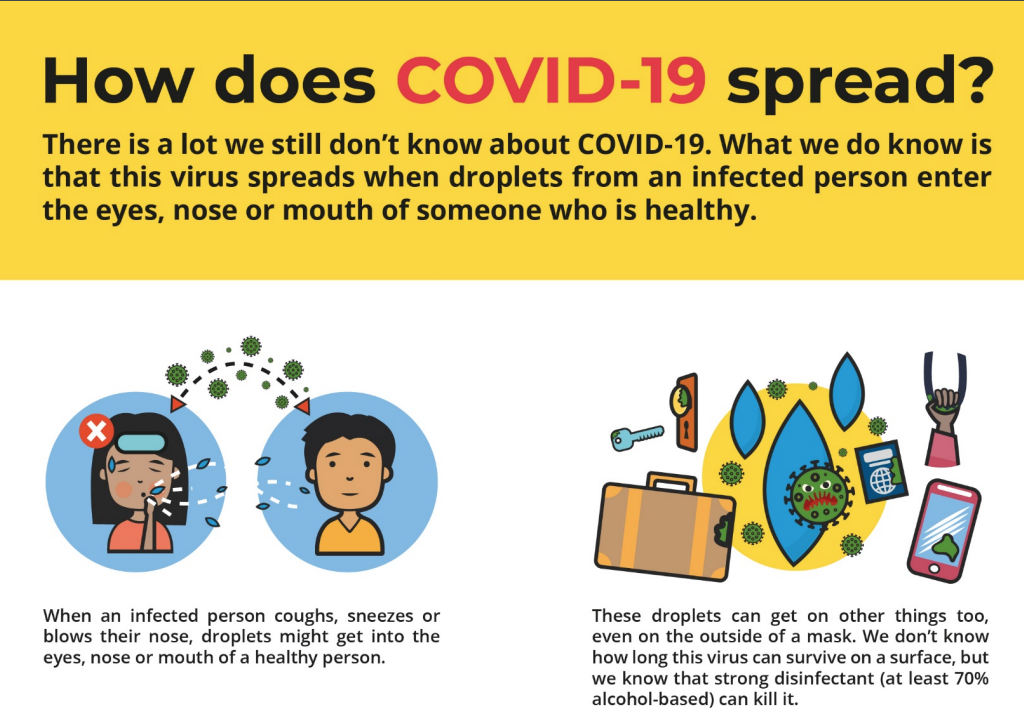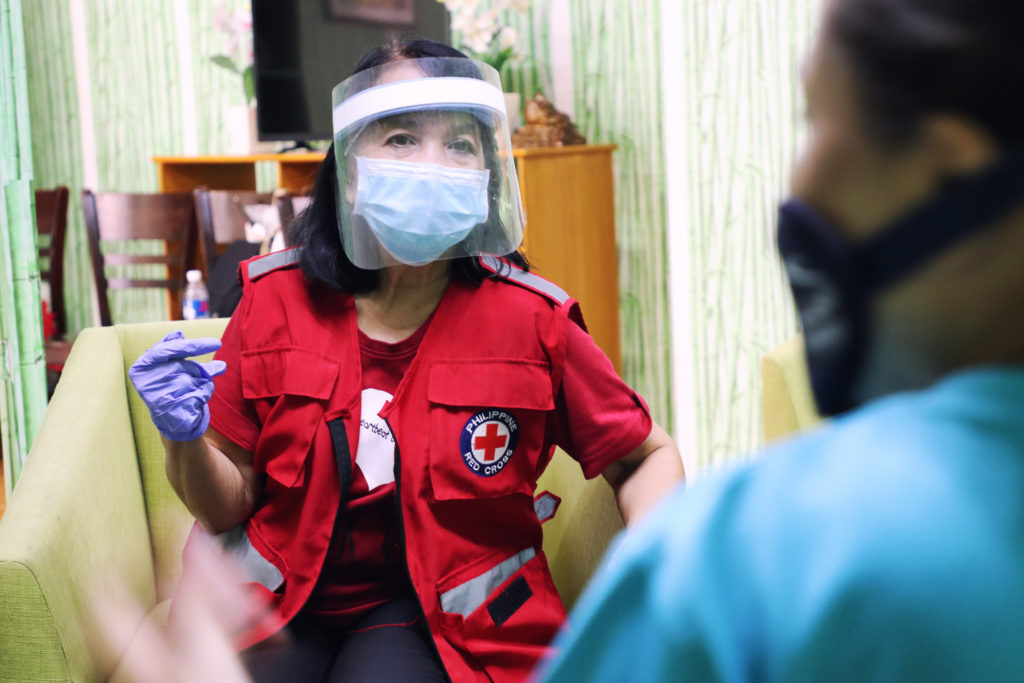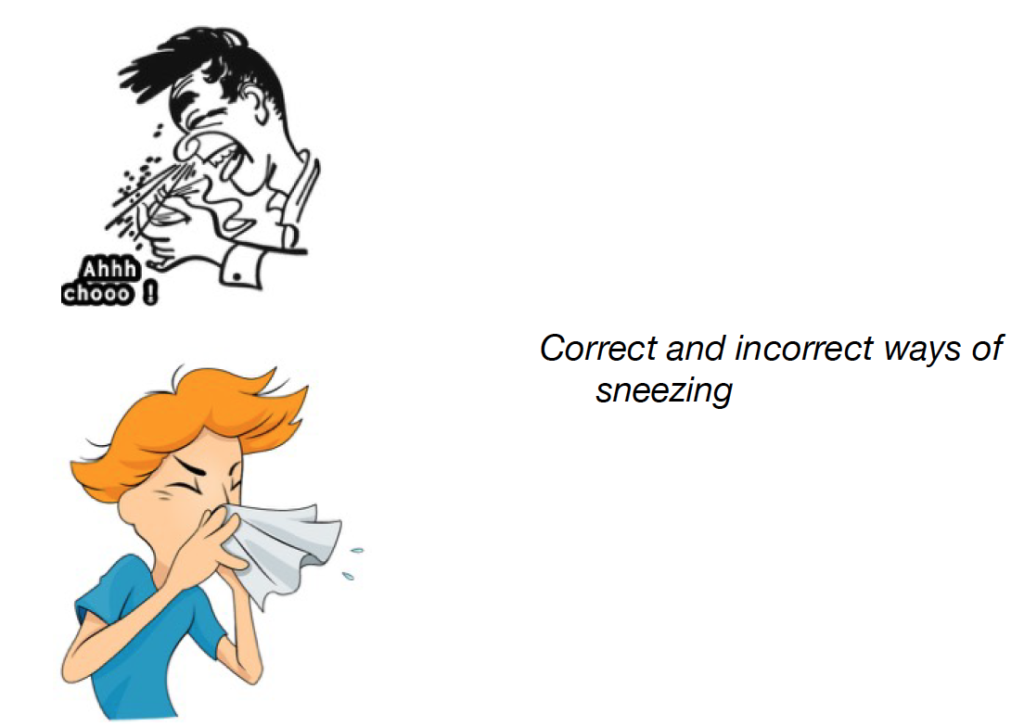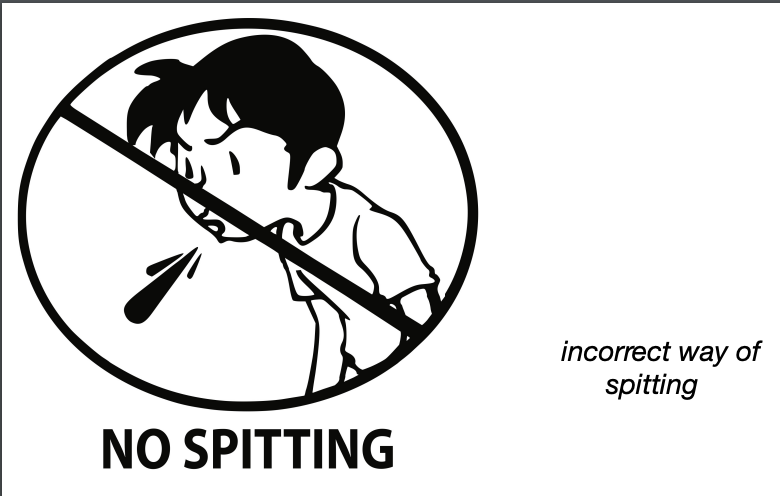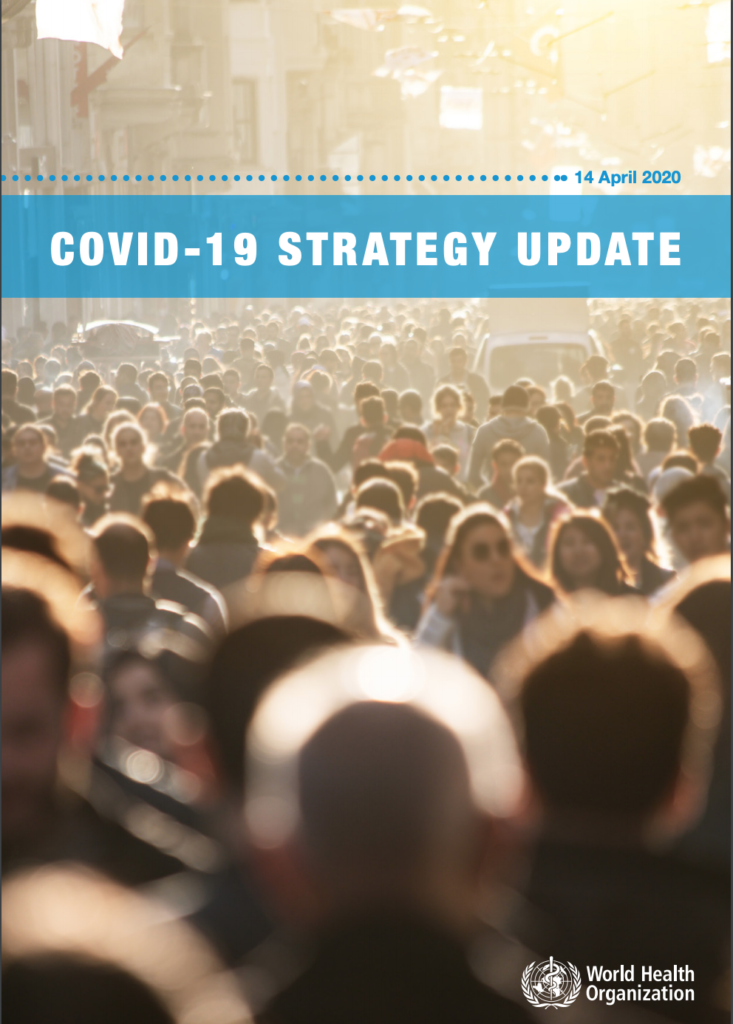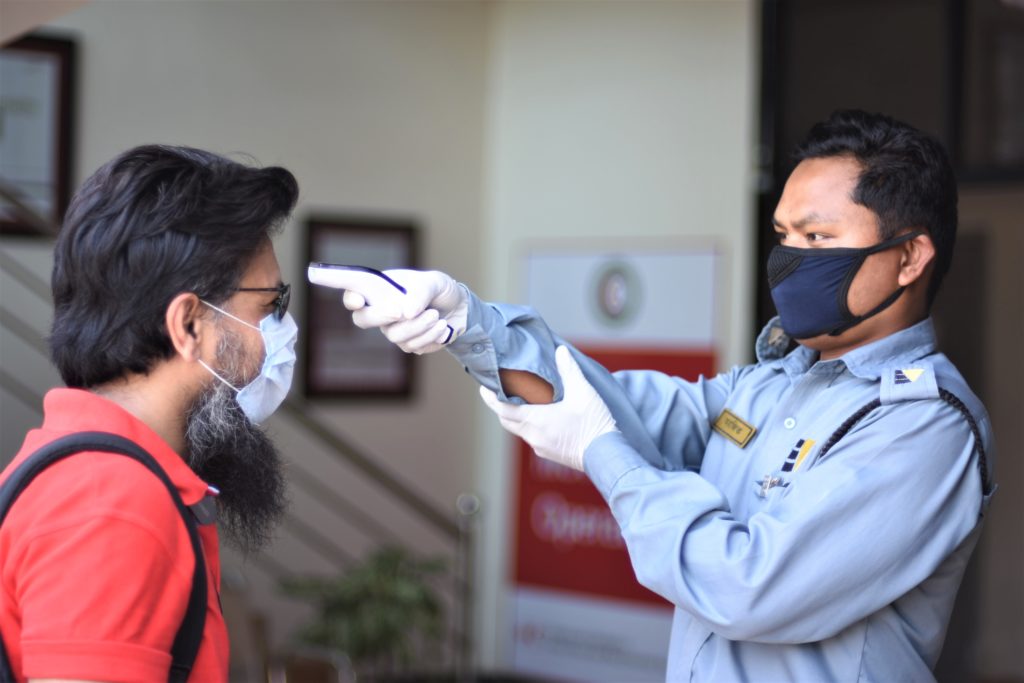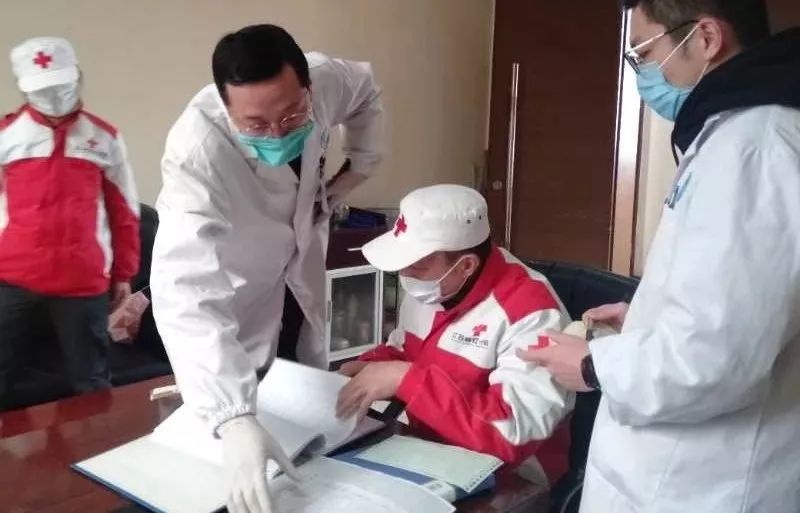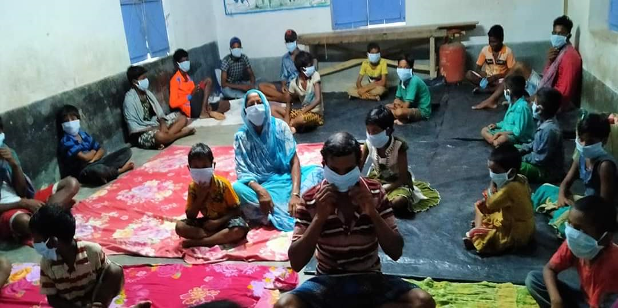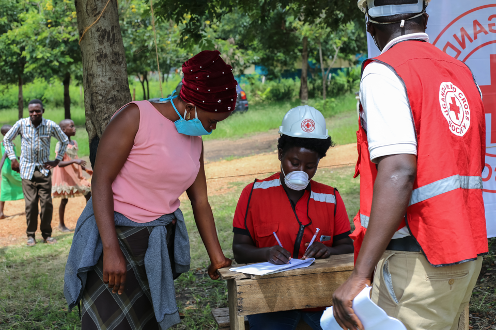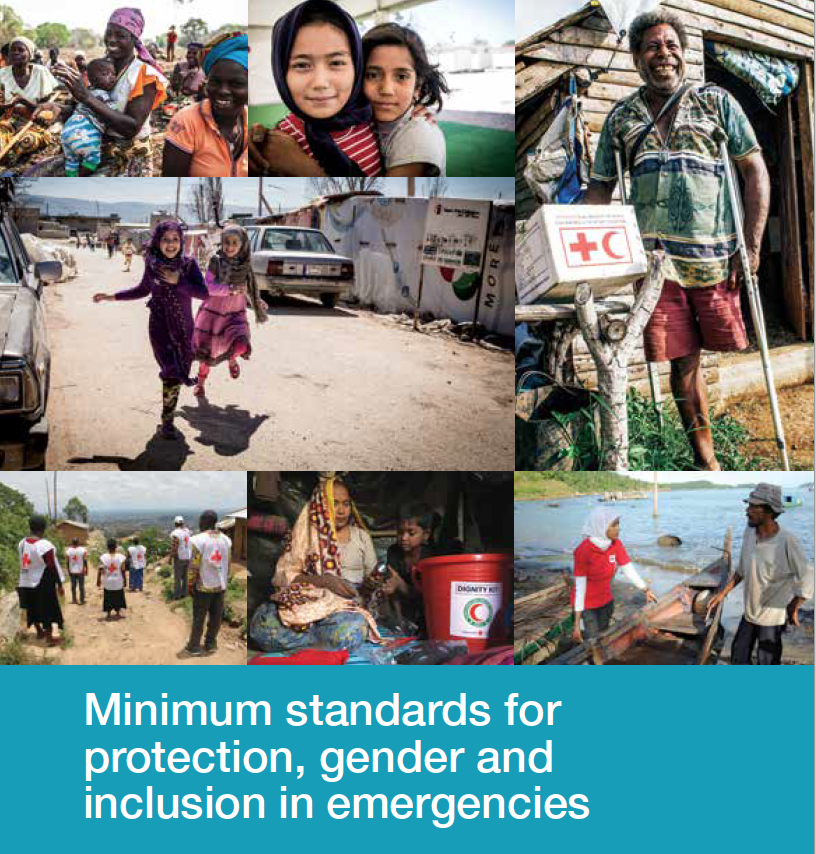Coronavirus – Prevention, Key messages, Risk communication and community engagement (RCCE)
Training presentation for volunteers. By the end of the session, the participants will understand: Prevention methods Importance of good community engagement Why misinformation and fear can drive people away from living healthy The key function of handwashing in minimizing the spread of the virus Communication and behaviour change

